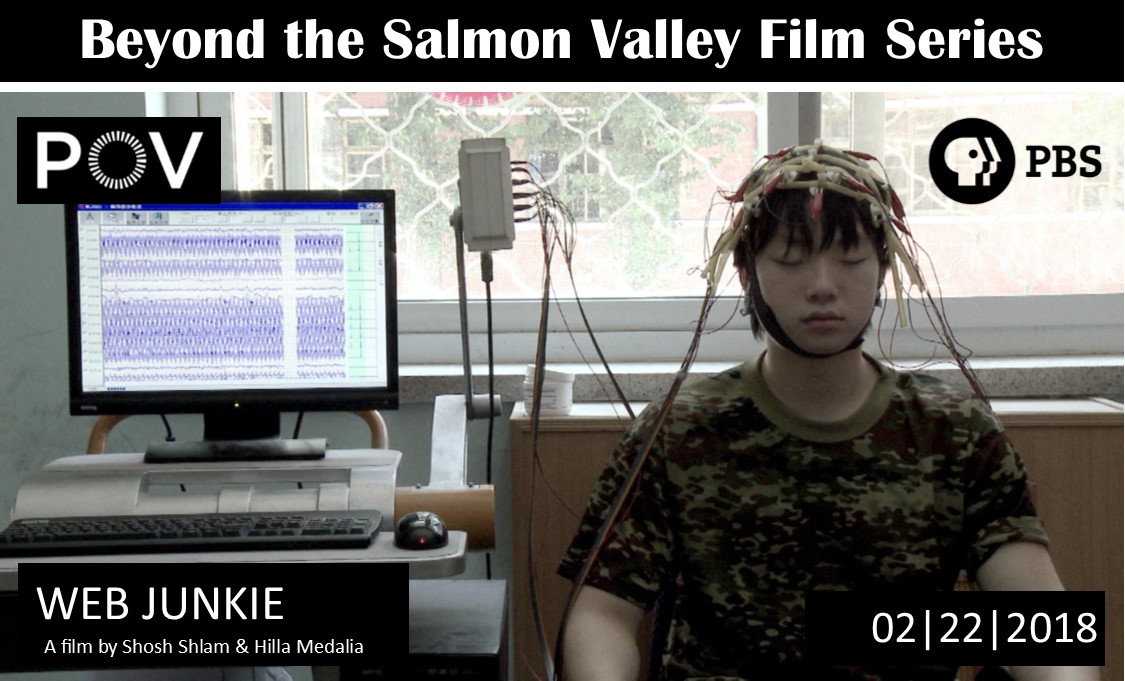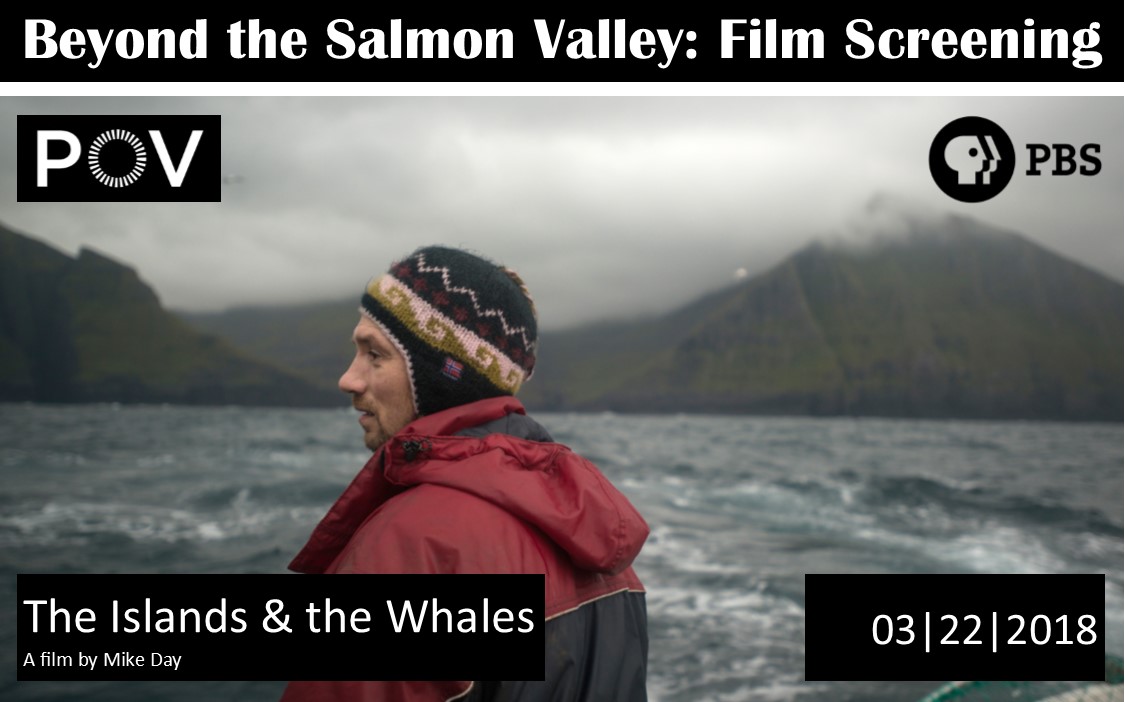FREE and open to the public.
PBS’s “POV films are known for their intimacy, their unforgettable storytelling and their timeliness, putting a human face on contemporary social issues.” Join us at the Sacajawea Center as we explore other cultures through POV documentary films. Doors open at 6:30. Following the screening there will be light refreshments and informal discussion. Note: Films include subtitles.
When the words “China” and “Internet” appear in the same sentence, the word “censorship” is usually close by. But in at least one aspect of the Internet revolution, China is establishing a precedent the rest of the world could soon follow. China is the first country in the world to classify Internet addiction as a clinical disorder, the cure for which is the subject of Web Junkie.
The film follows the treatment of Chinese teenagers whose preference for the virtual world over the real one is summed up in one jarring statement: “Reality is too fake.” Bringing them back to earth is often a very bumpy ride. Award-winning Israeli filmmakers Shosh Shlam and Hilla Medalia were given incredibly open access to Daxing Boot Camp, a three-month military style anti-addiction program in Beijing designed for patients 13 to 18 years old. Web Junkie portrays the rehabilitation process and the evolving diagnosis behind it.
Scottish filmmaker Mike Day turns his lens on the isolated North Atlantic archipelago of the Faroe Islands with The Islands and the Whales, which won the DOC NYC Grand Jury Prize and the Hot Docs Emerging International Filmmaker Award in 2016. The longtime hunting practices of the Faroese are threatened by dangerously high mercury levels in whales, decimated seabird populations and anti-whaling activists. Day explores the undeniably timely tensions between the environment, health, tradition and culture.
In their remote home on the Faroe Islands, the islanders have always accepted what nature could provide and been proud to put local food on the table. Because their soil yields little bounty, the Faroese harvest their seas. As a result, the islanders are among the first to feel the impact of our ever more polluted oceans. Contaminated by the outside world, the whales they capture are toxic. What once ensured their survival now endangers their children, and the Faroese must make a choice between health and tradition.
APRIL: TBA



